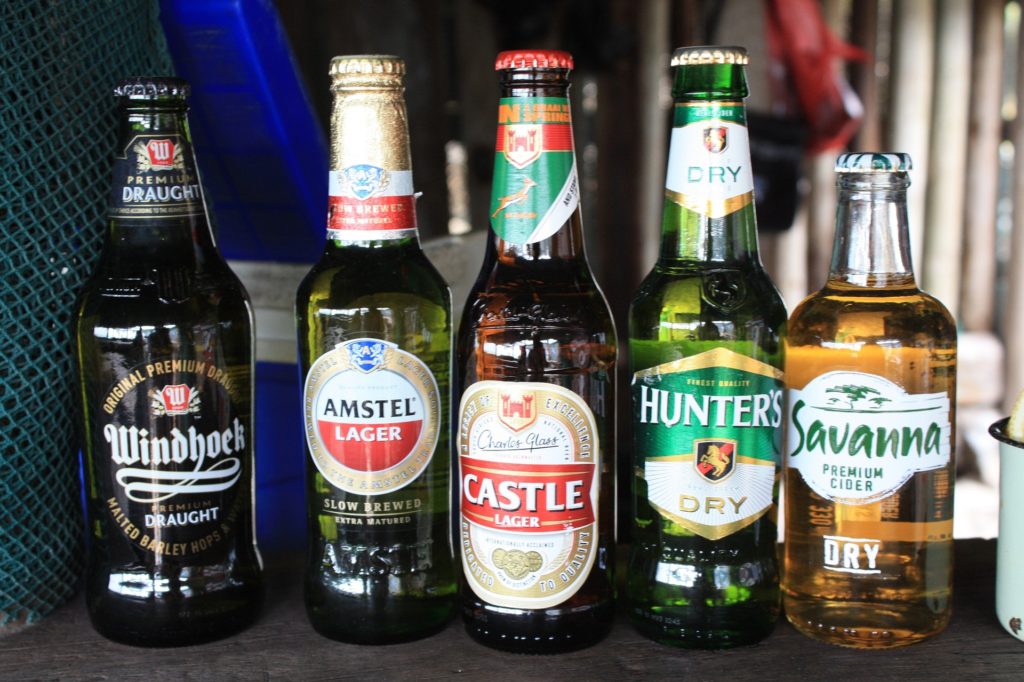Western Cape Premier Alan Winde claims the current alcohol ban has cost the provincial economy approximately R1-billion in just two weeks.
Winde was speaking at his weekly digital press conference on COVID-19 and said the province has made it through the peak of the current second wave.
The Western Cape’s health facilities have enough capacity to handle COVID-19 patients, according to Winde. He called for more of the province’s economy to be opened safely in order to save jobs.
“The Western Cape’s economy is bleeding, and balance is not currently being achieved in saving both lives and livelihoods,” he said.
The Premier indicated that the first two weeks of the latest alcohol ban, the third one since the start of the pandemic, cost the Western Cape economy R1-billion and had a direct impact on 1893 jobs in the retail sector and a further 905 jobs across the alcohol industry’s value chain.
“If the ban is to continue for a full month, it will end up costing the Western Cape’s economy R2-billion,” said Winde. “This would then impact 5 596 jobs.”
The hospitality sector has also been hit hard and according to data from the Restaurant Association of South Africa, nearly 30% of establishments surveyed have shut their doors temporarily or permanently.
“There is an inflection point where shortened operating hours do not make business sense to operate, resulting in workers losing their jobs,” said Winde.
Wine grapes represent more than half (50.3%) of the 181 233 under production in the province and the replacement value of these grapes is staggering R33.9-billion, according to Winde.
The provincial agriculture department estimates that 45 610 people are employed in primary production by the wine industry and it supports 228 053 people, in total.
Winde said the beach ban is costing the tourism industry in the province R120-million per month, based on research models, as 12.8% of the annual 8 million visitors indicate that visiting the beach is their top activity.
“I have written to Minister Mkhize to relax certain restrictions in the Western Cape, so we get the balance right again,” said the Premier.
He proposed a number of adjustments to the restrictions, including:
– Lifting the ban on beaches.
– Changing the curfew from 9pm to 11pm, as this would allow restaurants to provide dinner service.
– The resumption of off-site alcohol sales from Monday to Thursday.
– The resumption of on-site alcohol sales at wine farms on weekends.
– The resumption of on-site alcohol consumption, as “if restaurants cannot sell alcohol with dinner service, they will not remain profitable and will be forced to close.”
The Premier, however, acknowledged that the Western Cape has a dangerous drinking culture and that the alcohol ban helped reduce the alcohol-related over the last two weeks.
“We need to change our deadly relationship with alcohol, but blanket bans are not sustainable,” he said.
“With that said, it is simply not possible to ban alcohol indefinitely. As set out above, the sector simply employs too many people and supports too many households for it to be shut down.”
As of January 20, at 1pm, the Western Cape has 29 513 active cases and 3545 hospitalisations, 523 of which are in ICU or high care.
The COVID-19 death toll stands at 9440, while 218 672 people have recovered.
Picture: Pixabay

